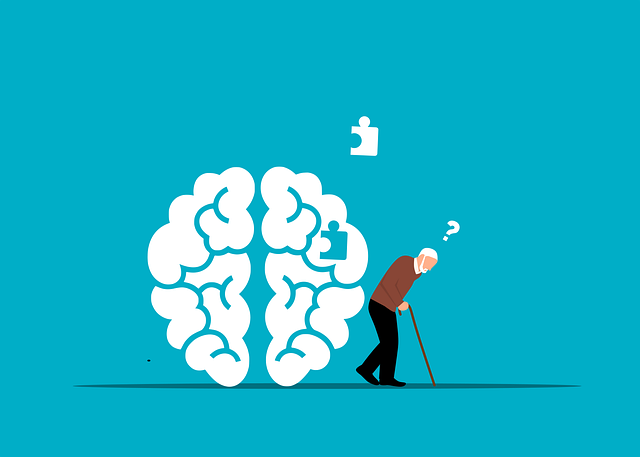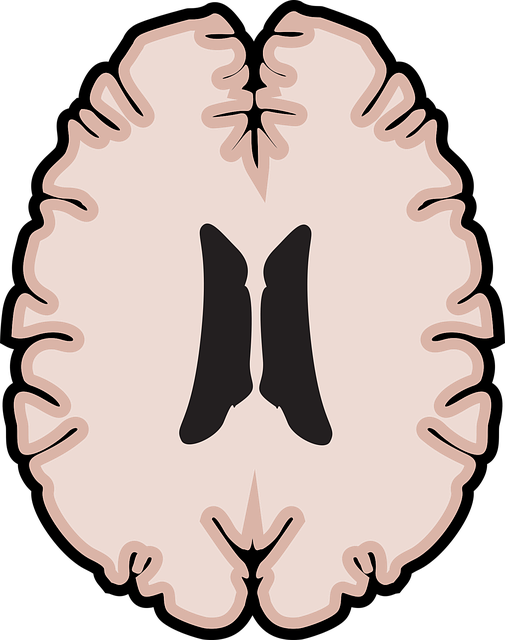Therapy for adults undergoing major life transitions is crucial for emotional well-being, utilizing techniques like journaling and exercise. CBT helps change negative thought patterns, while self-care routines teach mindfulness, physical activity, and sleep habits to manage stress. These strategies promote resilience during challenging life shifts.
Mood regulation is a vital skill, especially during major life transitions. This article explores effective strategies to navigate these challenges, focusing on therapeutic approaches tailored for adults. We delve into understanding the unique emotional shifts that occur, offering insights from both professional therapy and practical self-care techniques. By examining these methods, individuals can foster resilience and emotional well-being, ensuring a more balanced state of mind during life’s inevitable changes. Discover how to manage moods with expertise in therapy for adults facing major life transitions.
- Understanding Mood Regulation During Major Life Transitions
- Therapeutic Approaches for Adults Navigating Change
- Practical Strategies to Foster Resiliency and Emotional Well-being
Understanding Mood Regulation During Major Life Transitions

Major life transitions can significantly impact an individual’s emotional well-being and mood regulation abilities. This is especially true during times like career changes, moving to a new city, or significant personal losses. Understanding that these shifts can trigger or exacerbate mental health concerns is crucial. Therapy for adults undergoing major life transitions offers specialized support tailored to help individuals navigate these challenges.
Journaling, for instance, can be an effective mental wellness journal exercise guidance, helping people process their emotions and reflect on their experiences. Risk management planning for mental health professionals also plays a vital role in trauma support services, enabling them to guide clients through potential stressors and promote resilience. By employing such strategies, individuals can better manage their moods, adapt to new circumstances, and foster overall mental wellness.
Therapeutic Approaches for Adults Navigating Change

Many adults face significant life transitions that can trigger or exacerbate mood disorders. Therapeutic approaches play a crucial role in helping them navigate these changes effectively. Cognitive Behavioral Therapy (CBT), for instance, equips individuals with coping mechanisms to reframe negative thoughts and behaviors associated with major life shifts like career changes, relationships ending, or relocation. By identifying and challenging distorted thinking patterns, CBT enables adults to develop healthier emotional responses and enhance their resilience.
Additionally, integrating Self-Care Routine Development into therapy empowers adults to foster better mental wellness and stress management during turbulent times. Therapists can guide clients in cultivating mindfulness practices, engaging in regular physical activity, and prioritizing quality sleep—all vital components of a robust self-care regimen. These strategies not only support emotional regulation but also promote overall mental health, enabling individuals to embrace life transitions with greater equanimity.
Practical Strategies to Foster Resiliency and Emotional Well-being

Fostering resilience and emotional well-being is a crucial aspect of navigating life’s challenges, especially during major life transitions. Therapy for adults can provide valuable tools and strategies to enhance mental wellness. One effective practice is journaling, which offers individuals a safe space to process emotions, reflect on experiences, and gain insights into their feelings. This simple yet powerful tool encourages self-awareness and can be a daily practice for stress reduction methods. By jotting down thoughts and sentiments, one can identify patterns, release built-up emotions, and cultivate a sense of calm.
Additionally, engaging in regular exercise is another practical strategy to boost resilience. Physical activity releases endorphins, which are natural mood lifters, and can help manage stress and anxiety. From brisk walks to yoga or even community outreach program implementations focused on mental health awareness, finding an exercise routine that aligns with personal interests can significantly contribute to emotional well-being. These activities promote a healthy mind-body connection, enhance overall fitness, and provide much-needed outlets for expression and release during life’s transitions.
Mood regulation is a vital skill, especially during major life transitions. By understanding the unique challenges these periods present and employing therapeutic strategies, adults can navigate change with resilience. Integrating practical mood regulation techniques into daily life fosters emotional well-being and enhances overall adaptability. For those seeking support, therapy for adults facing major life transitions offers valuable tools to manage and overcome emotional hurdles, ultimately leading to a more fulfilling and balanced life.








